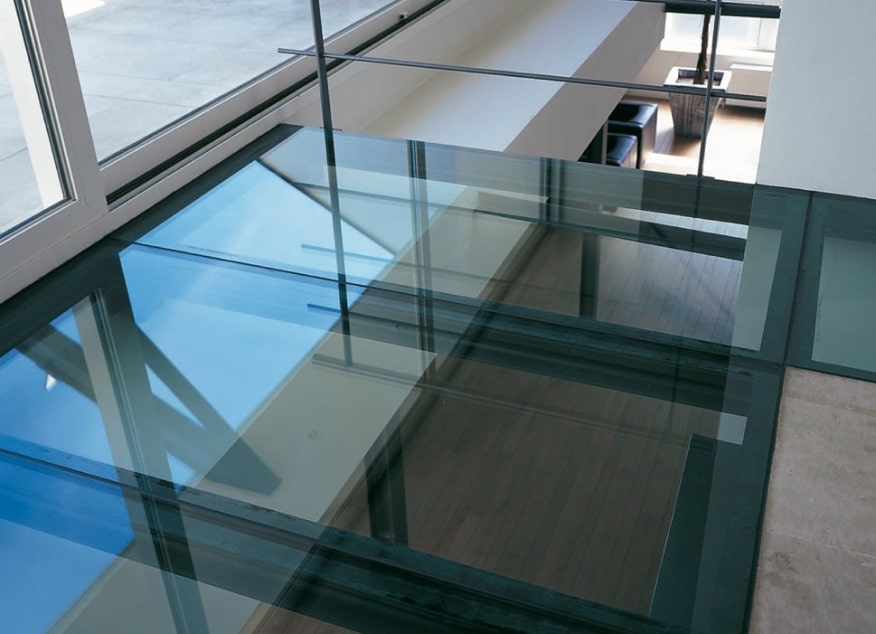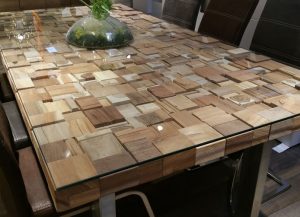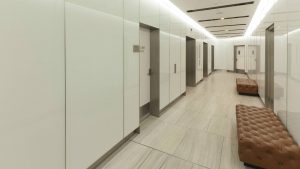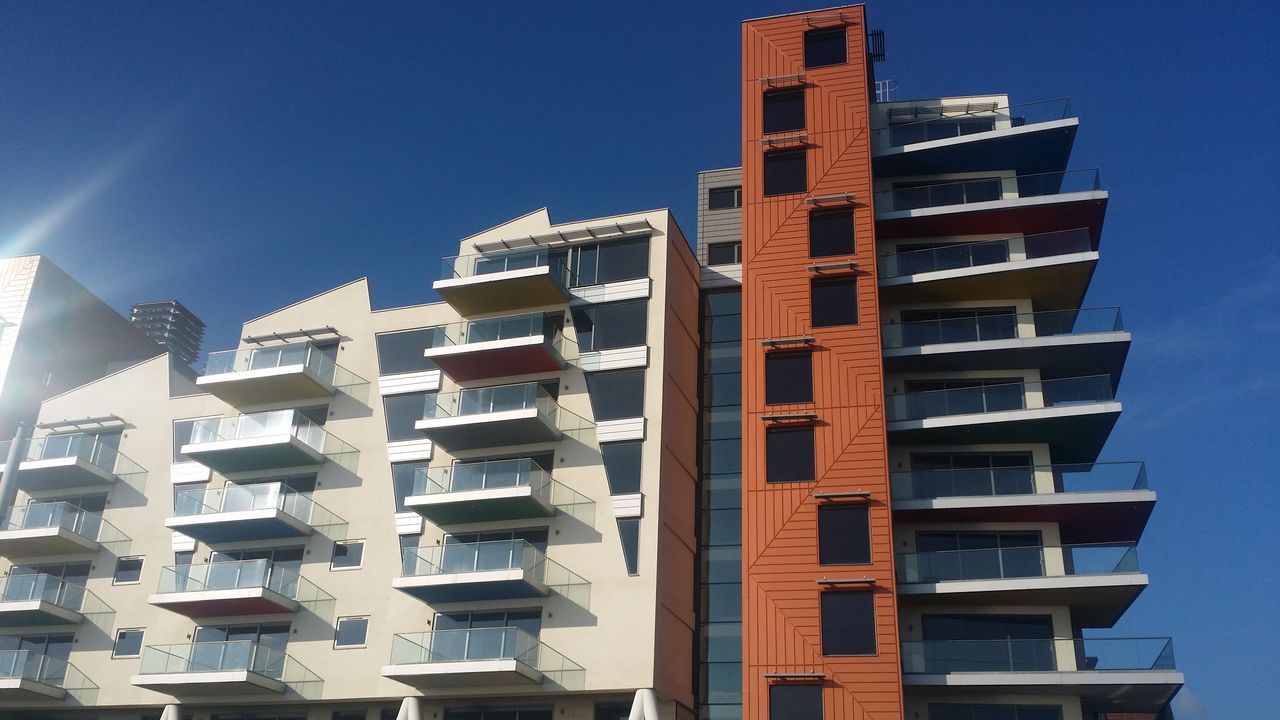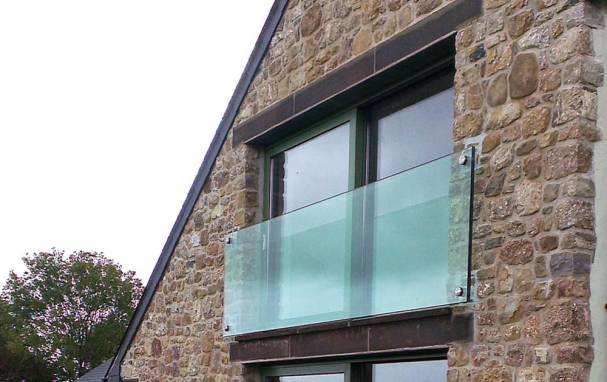Glass & glazing Blog
Why Choose a Bespoke Glass Juliet Balcony?
Why Choose a Bespoke Juliet Glass Balcony?
Juliet balconies have been a popular architectural feature for centuries, adding an elegantly simple touch to buildings’ facades. A glass Juliet balcony is a particular style that offers a clear, uninterrupted view of the surrounding landscapes while still providing the safety and security of a balcony railing. This article will explore the benefits of choosing a bespoke Juliet balcony, including the materials, styles and safety aspects involved.
What is a Juliet balcony?
Definition of a Juliet balcony
A Juliet balcony is a small balcony (or railing) that’s usually located outside large windows or French doors. Unlike a regular balcony, a Juliet balcony doesn’t extend from the building; instead, it’s located on or near the facade of the building, providing the illusion of a balcony without actually protruding from the building’s side.
History of Juliet Balconies
Juliet balconies are named after the famous balcony scene in Shakespeare’s “Romeo and Juliet.” During the 18th century in France and Italy, Juliet balconies became increasingly popular as more people began looking for ways to keep their homes well-ventilated while maintaining privacy.
Styles of Juliet balconies available
Today, Juliet balconies come in many different styles, including traditional wrought iron balconies and modern glass balconies. They can be designed to fit any type of architecture, including historic buildings, contemporary homes, and commercial spaces.
What are the benefits of choosing a bespoke Juliet balcony?
Bespoke designs to match your property
One of the main benefits of a bespoke Juliet balcony is that it can be customized to fit your property’s exact specifications. That means you can choose from a range of designs, materials, and finishes to create a balcony that fits seamlessly into your home’s aesthetic.
Custom sizes available for a perfect fit
A bespoke balcony can also be made to any size you require, so there is no need to worry about finding a Juliet balcony that fits correctly. When measuring your space, be sure to take into account the width of the glass panel and any supporting brackets or rails.
Choice of materials and finishes
When it comes to choosing the material for your Juliet balcony, there are plenty of options to choose from. Glass Juliet balconies look stylish and modern, while traditional wrought iron or steel options can add a touch of elegance to an older property. Stainless steel and aluminium are also popular materials for bespoke Juliet balconies, and they can be powder coated in a range of colours to match your property’s aesthetic.
What types of glass are used in a glass Juliet balcony?
Toughened glass
The glass used in a Juliet balcony must adhere to British building regulations and be strong enough to withstand the rough elements of daily use. Toughened glass, also known as tempered glass, is a popular choice because it is shatterproof and resistant to scratches and other types of damage.
Laminated glass
Laminated glass is another popular choice for Juliet balconies. It’s made up of two or more sheets of glass that are sandwiched around clear plastic, making it extra durable and resistant to impact.
Frameless glass
Frameless glass Juliet balconies are becoming increasingly popular because of their sleek and modern appearance. They are made by securing the glass panel to the balcony’s main structure without a supporting frame.
How is a glass Juliet balcony installed?
Fixings and brackets used
Fixings and brackets for a glass Juliet balcony depend on the size of the balcony, the type of glass used, and the type of property it will be attached to. Typically, glass balcony systems are attached to a building with glass clamps, which hold the glass in place while still allowing for a 100% clear view.
Handrail options
Handrails can be attached to the top of the glass panel to provide additional support and safety. There are several handrail options available, including frameless or semi-frameless glass handrails and handrails made from stainless steel, timber or powder-coated aluminium.
Installation on masonry or resin
The glass panel of a Juliet balcony can be installed using either resin or masonry anchors. Masonry anchors are attached directly to the building’s brickwork, while resin anchors are attached to the building using an adhesive resin.
What are the safety regulations for a glass Juliet balcony?
Height and width requirements
According to building regulations, a glass Juliet balcony must be at least 1100mm in height from the balcony floor to the top of the glass panel and no more than 99mm in width to prevent small children from getting stuck.
Calculation of load-bearing capacity
When installing a Juliet balcony, it’s important to calculate the load-bearing capacity of the balcony’s structure. The thickness of the glass panel will affect the overall weight of the balcony, so it’s essential to use a qualified installer to ensure the balcony can safely support the weight of the glass.
Coating options for long-lasting durability
Finally, a coating can be applied to the glass panel to provide added protection and long-lasting durability.
In conclusion, a bespoke Juliet balcony is a beautiful and functional architectural element that adds value to any property. Whether you’re looking for a traditional wrought iron balcony or a modern glass Juliet balcony, there are plenty of custom designs and styles to choose from, making it easy to find the perfect balcony system.













